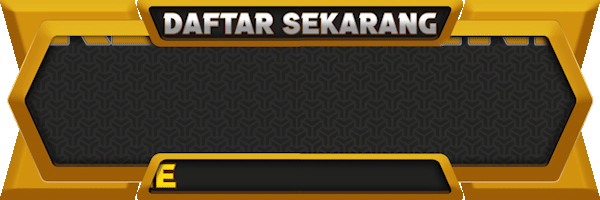RAJA700 ✈️ Situs Toto Online Top 1 Pasaran Global & Toto Togel Resmi 2026
RAJA700 hadir sebagai platform toto online yang mengutamakan keamanan, transparansi, dan regulasi resmi. Hal ini menjadikan RAJA700 dikenal luas sebagai Situs Toto Top 1 dan menjadi pilihan utama para pemain toto togel di Indonesia. Dengan sistem terstruktur dan diawasi secara profesional, RAJA700 memberikan rasa aman dalam setiap aktivitas permainan.
Sebagai situs Toto Online Top 1, RAJA700 menyediakan berbagai pasaran toto togel populer dengan sistem transparan. Setiap hasil dan data ditampilkan jelas, sehingga pemain dapat bermain dengan percaya diri. Update hasil yang cepat dan akurat semakin memperkuat kepercayaan komunitas pemain Toto Togel terhadap RAJA700.




